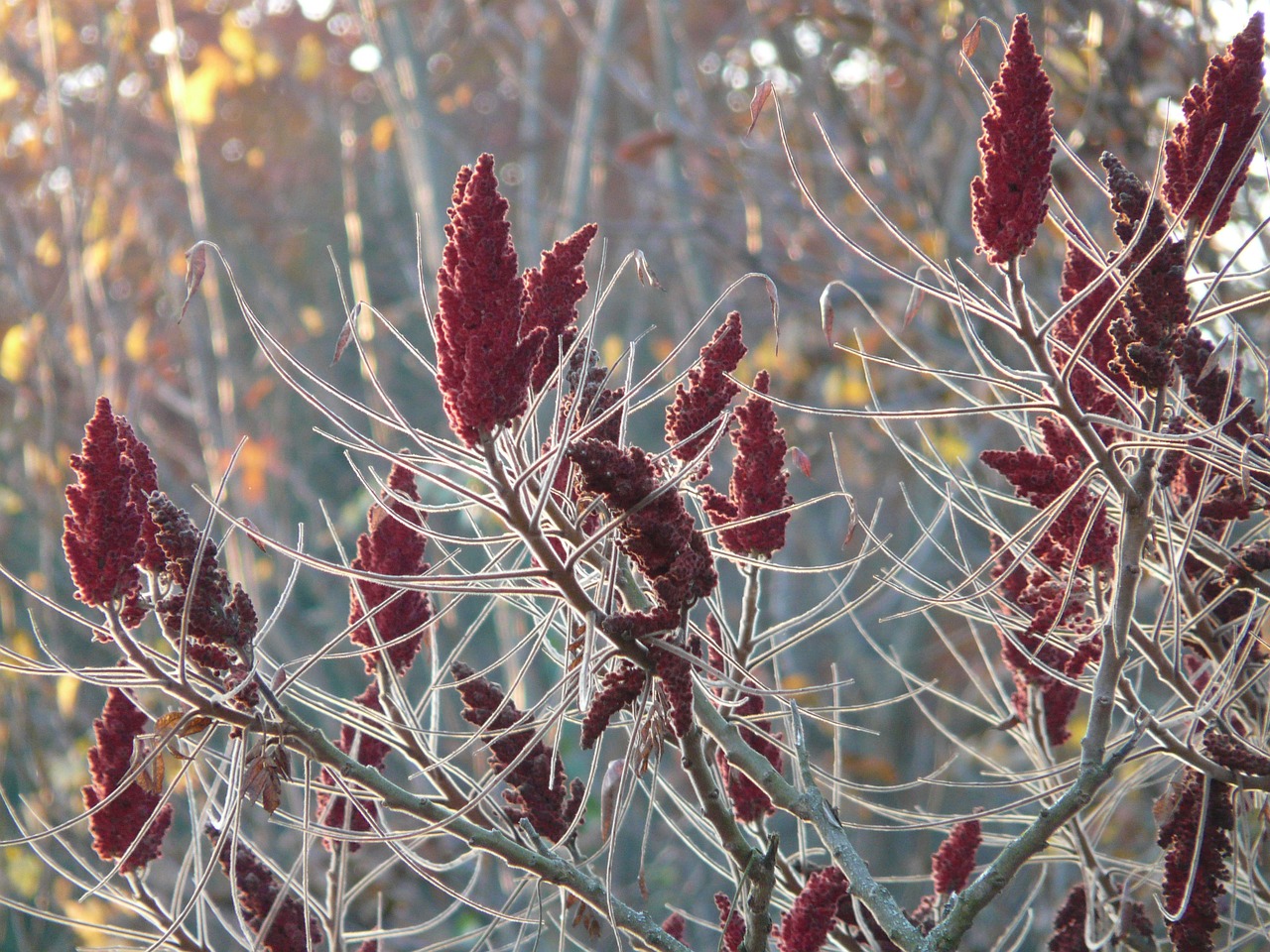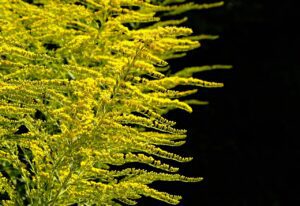As a gardener, you’re always looking for natural solutions to help your plants thrive. Did you know that vinegar can be a valuable tool in your gardening arsenal? Vinegar has been used for centuries for a variety of purposes, including as a natural plant remedy.
In this comprehensive guide, we’ll explore the many plant uses for vinegar and how you can use it to promote healthy plant growth, control pests, and even revive cut flowers. We’ll also provide tips for effective plant care and maximizing the benefits of vinegar in gardening.
Key Takeaways
- Vinegar has been used for centuries as a natural remedy and can be a valuable tool for promoting healthy plant growth.
- There are many plant uses for vinegar, including controlling pests, killing weeds, adjusting soil pH levels, treating fungal infections, and aiding in plant propagation.
- Vinegar is a versatile cleaner for garden tools and can help keep them in optimal condition.
- By harnessing the power of vinegar, you can tackle various garden challenges naturally and affordably.
Benefits of Vinegar in Plants
If you’re looking for a natural plant remedy, vinegar might be just what you need. This versatile liquid has several practical uses that could help maximize plant growth and overall health.
Maximizing Vinegar for Plant Growth
Vinegar has acidic properties that can help adjust soil pH levels. If your soil is too alkaline, vinegar’s acidity can help neutralize it, creating optimal growing conditions for your plants. However, it’s essential to use vinegar in moderation and add it gradually to prevent over-acidification of the soil. To use vinegar effectively, dilute it with water and evenly apply it to the soil around your plants, taking care to avoid the foliage.
Additionally, vinegar can help promote plant growth by removing unwanted weeds and invasive species. By eliminating these plants that compete for nutrients, soil, and light, you give your plants the space and resources they need to thrive.
Vinegar as a Natural Plant Remedy
Vinegar has antifungal properties that could help treat or prevent common fungal infections in plants. For example, if your plants are showing signs of powdery mildew or black spot, you can create a natural vinegar solution and spray it on affected areas. Dilute the vinegar with water and add a few drops of dish soap or vegetable oil, which can help the solution adhere to the plant surface.
Furthermore, vinegar can also help revive cut flowers. Once cut, flowers tend to produce ethylene gas, which causes them to wilt and die more quickly. However, if you add a tablespoon of vinegar and a teaspoon of sugar to the vase water, the vinegar can help fight bacterial growth, while the sugar feeds the flowers, keeping them fresh and beautiful for longer.
In conclusion, vinegar offers several benefits in plant care, making it a natural and cost-effective solution for gardeners. Whether you’re adjusting soil pH levels, combating pests and diseases, or reviving cut flowers, vinegar can be a valuable tool to enhance your green thumb and promote plant health.
Vinegar for Pest Control in the Garden
When it comes to pest control in the garden, vinegar is a natural and safe alternative to chemical pesticides. It is effective in controlling various pests such as slugs, snails, and ants. Vinegar can also be used to keep cats and dogs out of your garden beds.
Here are some vinegar tips for plant care to help you use this versatile ingredient for pest control in your garden:
- Use a spray bottle: Dilute vinegar with water in a spray bottle and apply it directly to the affected area. Repeat every few days as needed.
- Apply it as a barrier: Pour undiluted vinegar around plant beds or pots to create a barrier that pests won’t cross.
- Combine with other natural ingredients: Combine vinegar with other natural ingredients such as garlic, chili peppers, or soap to enhance its pest control properties.
Vinegar for Ant Control
Vinegar can be particularly effective in controlling ants, both indoors and outdoors. Here’s how:
- Use vinegar as a repellent: Spray vinegar around ant trails or on surfaces where ants congregate to keep them away.
- Use vinegar as a bait: Mix equal parts of vinegar and water and place it in a spray bottle. Spray the mixture on a surface where you’ve seen ant activity. The vinegar will attract the ants, and once they consume it, they will die.
With these vinegar applications in gardening, you can control pests in your garden safely and naturally.
Using Vinegar as a Weed Killer
Weeds can be a big headache for any gardener. Fortunately, vinegar can be an effective and natural solution to this problem.
Vinegar for gardening can work wonders as a weed killer. The acetic acid present in vinegar acts as a natural herbicide, causing the weed’s leaves to dry out and eventually killing the plant. Additionally, vinegar is an eco-friendly option compared to chemical weed killers that can be harmful to the environment.
For best results, natural uses for vinegar in plants as a weed killer must be used properly. When applying vinegar to weeds, make sure to use a vinegar solution that has at least 5% acetic acid. Household vinegar usually contains only 3-5% acetic acid, so a higher concentration may be required.
It’s important to note that vinegar can also harm other plants, so use it with caution. To avoid damaging surrounding plants, apply the vinegar carefully and only to the weed’s leaves, taking care not to let it touch the soil.
Overall, using vinegar as a weed killer can be an effective and natural way to keep your garden weed-free. By using vinegar for gardening instead of chemical herbicides, you can protect the environment while maintaining a healthy and beautiful garden.
Enhancing Soil pH with Vinegar
Vinegar is a natural and cost-effective solution to adjust soil pH levels in your garden. Soil pH is a critical factor that affects plant growth and health. Different plants thrive in different pH levels, and acidic or alkaline soil can have adverse effects on plant growth. Vinegar can help create optimal growing conditions for your plants.
The acetic acid in vinegar reacts with alkaline soil and lowers its pH level. For best results, use vinegar with 5-8% acetic acid concentration. Use a pH testing kit to measure the soil pH level before and after applying vinegar. The recommended pH level for most plants is between 6 and 7.
| Steps in using vinegar to enhance soil pH | Materials Needed |
|---|---|
| 1. Test the soil pH level. | pH testing kit |
| 2. Dilute vinegar with water. | Vinegar (5-8% acetic acid concentration), water, spray bottle |
| 3. Apply the vinegar solution to the soil. | Spray bottle, gloves, goggles |
| 4. Mix vinegar into the soil. | Garden fork |
| 5. Re-test the pH level after a week. | pH testing kit |
Be careful not to overuse vinegar and lower the pH too much, which can damage the plants. Start with a small amount and increase gradually to reach the desired pH level. Vinegar can also add nutrients like potassium to the soil, promoting overall plant health. For best results, use vinegar to enhance soil pH in the fall or early spring before planting.
Vinegar: A Natural Remedy for Fungal Infections in Plants
If your garden plants have been affected by fungal infections, vinegar can be a cost-effective and natural remedy. In addition to its positive impact on soil pH levels and plant growth, vinegar has antifungal properties that can help combat common plant diseases.
How Vinegar Helps
Vinegar contains acetic acid, which is effective in killing and inhibiting the growth of fungi. This makes it a safe and natural alternative to chemical fungicides, which can be harmful to the environment and your garden plants.
Using Vinegar to Treat Fungal Infections
To use vinegar as a treatment for fungal infections in plants, follow these steps:
- Mix one part vinegar with three parts water in a spray bottle.
- Shake the bottle well to ensure the vinegar and water are thoroughly combined.
- Spray the affected areas of the plant with the solution, making sure to cover both the upper and lower surfaces of the leaves.
- Repeat this process every 3-5 days until the infection is under control. Be sure to also remove any affected plant material to prevent the infection from spreading.
Note: it is important to use a diluted vinegar solution when treating plants, as undiluted vinegar can be too harsh and may damage the plant’s leaves.
Preventing Fungal Infections with Vinegar
In addition to using vinegar as a treatment for existing fungal infections, you can also use it as a preventative measure. By regularly spraying your plants with a vinegar and water solution, you can help protect them from potential fungal infections.
Conclusion
Whether you’re treating an existing fungal infection or preventing future ones, vinegar is a natural and safe option for plant care. By harnessing its antifungal properties, you can help keep your garden plants healthy and thriving.
Reviving Cut Flowers with Vinegar
Are you tired of your cut flowers wilting and dying too soon? Look no further than your pantry for a natural solution: vinegar. The acetic acid in vinegar helps to prevent the growth of harmful bacteria and fungi, keeping your flowers fresh and vibrant for longer.
To revive wilted flowers, mix 2 tablespoons of white vinegar with 1 teaspoon of sugar per quart of water. Remove any leaves that will be submerged in the water to prevent rotting. Trim the stems at a diagonal angle before placing them in the vinegar solution. Repeat this process every few days to keep the water fresh and the flowers hydrated.
Vinegar can also be used to clean vases and remove any build-up of mineral deposits or grime. Simply mix equal parts vinegar and water and soak the vase for a few hours before rinsing it out with warm water.
Using Vinegar in Garden Tool Cleaning
Vinegar is a natural and versatile cleaner that can be used for various applications in gardening. One of its uses is in cleaning garden tools, which can help extend their lifespan and efficiency. Here are some tips on using vinegar in garden tool cleaning:
1. Prepare a solution of equal parts vinegar and water in a bucket or container.
2. Soak the garden tools in the solution for about 30 minutes.
3. Scrub off any dirt or debris from the tools using a brush or cloth, paying attention to hard-to-reach areas and crevices.
4. Rinse the tools thoroughly with water and dry them with a towel or let them air dry.
Vinegar can help remove rust and mineral buildup on garden tools, leaving them clean and sanitized. Additionally, vinegar’s acidic properties can help prevent the growth of bacteria and fungi on the tools, reducing the risk of contamination and disease spread.
Regular cleaning with vinegar can also prevent the accumulation of sap and plant residue on the tools, preserving their sharpness and effectiveness. Overall, incorporating vinegar into your garden tool cleaning routine can help prolong the lifespan of your tools and ensure their optimal performance.
Using Vinegar in Plant Propagation
Plant propagation can be a tricky process, but vinegar can help make it easier and more successful. Vinegar has natural rooting hormone properties that can stimulate root growth in cuttings.
When propagating plants from cuttings, it’s important to prepare the cutting properly. First, choose a healthy stem and cut it at a 45-degree angle. Then, remove any leaves or blooms from the stem, leaving only a few leaves near the top.
Next, dip the cutting into a mixture of water and apple cider vinegar. The ratio should be 1 tablespoon of vinegar per cup of water. This will help prevent any diseases or fungi from infecting the cutting.
After the cutting is prepared, choose a pot with well-draining soil and make a small hole for the cutting. Insert the cutting into the hole and gently press the soil around it.
Finally, cover the pot with a plastic bag to create a humid environment for the cutting. This will help it retain moisture and encourage root growth.
With the help of vinegar, your cuttings will be more likely to develop strong roots and grow into healthy plants.
Conclusion
Vinegar is a versatile and cost-effective solution for a range of gardening needs. Whether you’re looking to control pests, suppress weeds, adjust soil pH, or treat fungal infections, vinegar can help. It also offers benefits such as promoting healthy plant growth and aiding in plant propagation.
By utilizing vinegar in your gardening practices, you can avoid the use of harmful chemicals and promote natural, sustainable plant care. Plus, it can help keep your garden tools clean and maintain optimal equipment condition.
Unlock the Power of Vinegar for Your Garden
With the various plant uses for vinegar discussed in this guide, you can enhance your green thumb and tackle various garden challenges naturally and affordably. Discover the potential of vinegar as a natural plant remedy and maximize its effectiveness for healthy plant growth.
So, whether you’re a seasoned gardener or just starting out, consider incorporating vinegar into your gardening toolkit. With its numerous applications in gardening, natural uses for vinegar in plants, and vinegar applications in gardening, it’s a must-have for any gardening enthusiast.
FAQ
What are some plant uses for vinegar?
Vinegar has various applications in gardening, including as a natural remedy for plant care, weed killer, and pest control agent.
How can vinegar benefit plants?
Vinegar offers several benefits for plants, such as promoting healthy growth, adjusting soil pH levels, and combating fungal infections.
Can vinegar be used for pest control in the garden?
Yes, vinegar can be used as a natural and safe alternative to chemical pesticides for controlling pests in the garden. It’s an effective option for plant care.
Is vinegar an effective weed killer?
Absolutely! Vinegar can be used as a natural weed killer, allowing you to suppress and eliminate weeds from your garden without using harmful chemicals.
How can vinegar enhance soil pH?
Vinegar can be used to adjust soil pH levels, creating optimal growing conditions for plants and promoting overall plant health.
Can vinegar treat fungal infections in plants?
Yes, vinegar can be used to treat fungal infections in plants. It’s a natural plant remedy that can help combat common fungal diseases and protect your garden plants.
Can vinegar revive cut flowers?
Absolutely! Vinegar can help revive cut flowers and extend their vase life. You can use vinegar to keep your bouquets fresh and vibrant for longer.
How can vinegar clean garden tools?
Vinegar is a versatile cleaner for garden tools. By using vinegar, you can effectively clean and maintain your gardening equipment, keeping them in optimal condition.
Can vinegar be used in plant propagation?
Yes, vinegar can aid in plant propagation. It can be used to stimulate root growth and increase success rates when propagating plants from cuttings.





Pingback: Discovering Plant Uses for Perfume: Natural Scents Guide
Pingback: Master Botanic Plant Identification with Our Easy Guide
Pingback: Unlocking Gardening Secrets: What Plants Like Coffee Grounds
Pingback: Discover What Plants are Safe for Cats: A Comprehensive Guide - Botanic Plant Life
Pingback: Know What Plants are Poisonous to Cats: A Complete Guide - Botanic Plant Life